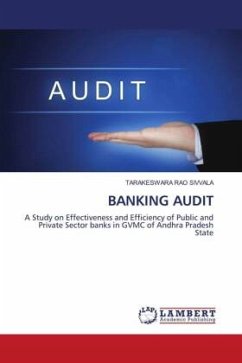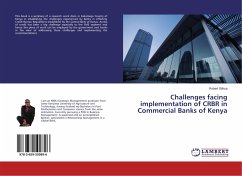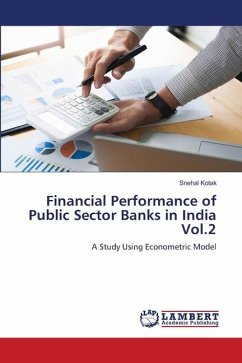This study inspects the effect of Coronavirus on India's financial area across three stages: Pre-Covid, Covid, and Post-Covid. It features difficulties like rising awful credits, functional disturbances, and declining advance interest, close by government intercessions like improvement bundles and advance bans. Focusing on the top five banks-State Bank of India, HDFC Bank, ICICI Bank, Kotak Mahindra Bank, and Axis Bank-the research analyzes their performance and the benefits and drawbacks of listing on the National Stock Exchange. The study also explores the Efficient Market Hypothesis (EMH) and its relevance during the pandemic, noting increased market volatility. The findings emphasize the need for adaptive strategies and continuous monitoring to ensure resilience in the banking sector.
Bitte wählen Sie Ihr Anliegen aus.
Rechnungen
Retourenschein anfordern
Bestellstatus
Storno








